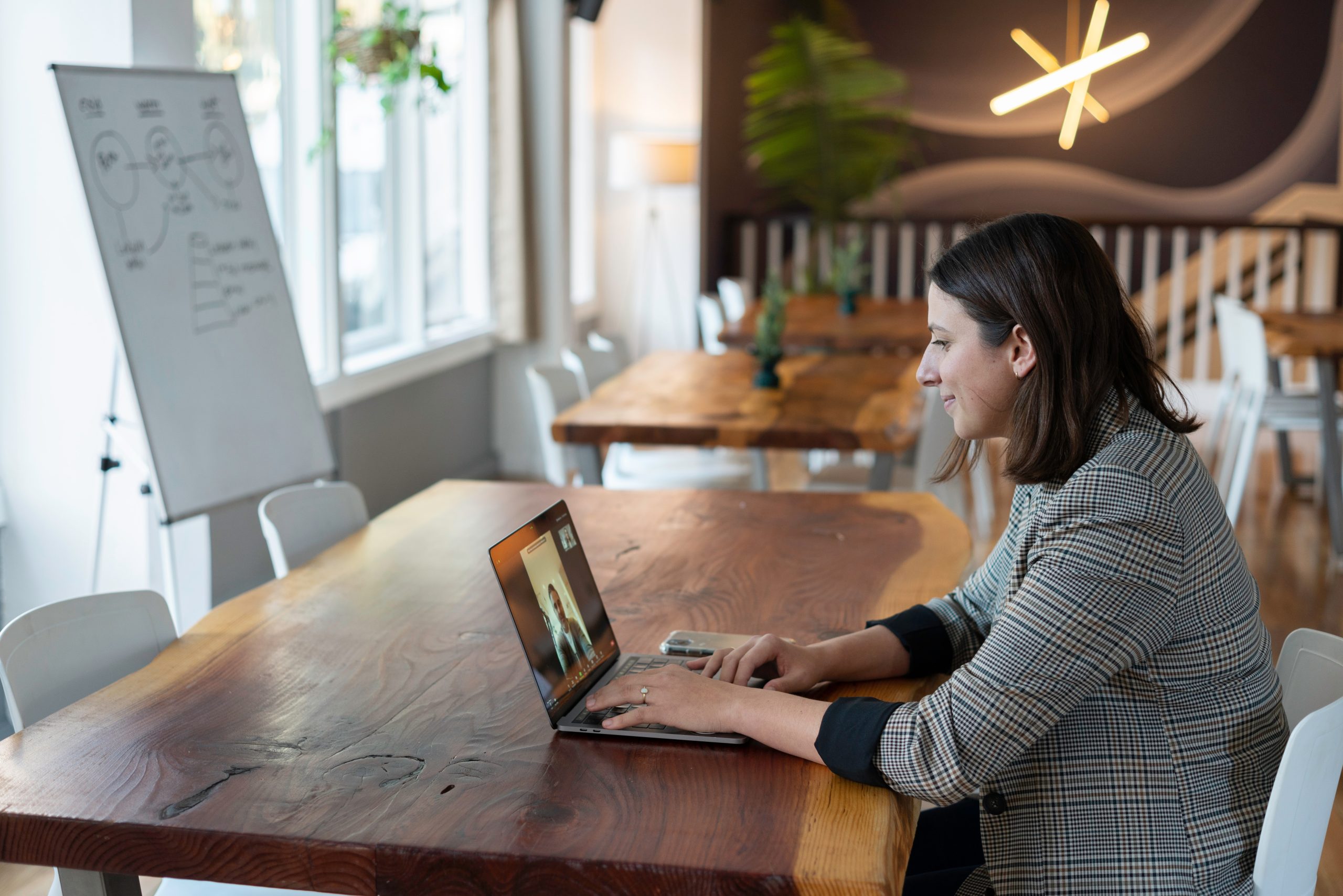Video sessions are becoming increasingly popular for counsellors and therapists in the UK. They offer a number of advantages over face-to-face sessions, such as convenience, flexibility, and cost-effectiveness. However, there are also some challenges associated with video sessions, such as ensuring confidentiality and managing the therapeutic relationship.
This blog post will provide you with some best practice tips for using video sessions in your counselling/therapy practice.

1. Choose the right platform
There are a number of different video conferencing platforms available, so it’s important to choose one that is right for you and your clients. Some factors to consider include:
- Cost: Some platforms are free to use, while others charge a monthly or yearly subscription fee. Free ones often have a compromise somewhere in either privacy or perhaps even adverts.
- Features: Some platforms offer more features than others, such as the ability to share files or record sessions. Which features do you need?
- Security: Make sure the platform you choose has strong security measures in place to protect your clients’ confidentiality. Choose a UK based provider, with no hidden, extra fees.
2. Set up a professional space
When you’re conducting video sessions, it’s important to set up a professional space in your home or office. This means choosing a quiet location with good lighting and a comfortable chair. You should also make sure that your background is free of distractions.
3. Test your equipment
Before you start your first video session, it’s important to test your equipment to make sure it’s working properly. And that it will run your chosen software well. This includes checking your internet connection, your microphone, and your camera. Choose the best camera and microphone you can afford; these can make a huge difference.
4. Dress professionally
Even though you’re not meeting with your clients in person, it’s still important to dress professionally for video sessions. This will help to create a sense of trust and rapport with your clients.
5. Make eye contact
When you’re speaking with your clients, make sure to make eye contact with them on the screen. This will help to build rapport and make them feel like you’re paying attention to them.
6. Listen actively
Just like in face-to-face sessions, it’s important to listen actively to your clients during video sessions. This means paying attention to what they’re saying, both verbally and nonverbally.
7. Be aware of your body language
Your body language can have a big impact on the therapeutic relationship, so it’s important to be aware of it during video sessions. Make sure to sit up straight and make eye contact with your clients. Avoid fidgeting or crossing your arms, as this can make you seem closed off or uninterested. It is also often recommended to be visible in the window from the elbows up, rather than just your face.
8. Be aware of the environment
The environment in which you’re conducting your video sessions can also have an impact on the therapeutic relationship. Make sure to choose a quiet location with good lighting. Avoid conducting sessions in places where there are distractions, such as children playing or pets barking.
9. End the session on time
Just like in face-to-face sessions, it’s important to end video sessions on time. This will help to ensure that your clients feel respected and that they have enough time to process what they’ve discussed.
10. Maintaining boundaries
If you follow up with clients outside of sessions, whether by text message, email, or phone call, apply the same principles you would to an in-person session. Make sure communication outside of sessions is included in your terms of agreement within services offered to maintain professional boundaries.
Conclusion
Video sessions can be a great way to provide counselling/therapy to clients. By following these best practice tips, you can ensure that your video sessions are effective and productive.
Now that you know the best practice tips for using video sessions, you’re ready to start seeing clients virtually. Just remember to be professional, but don’t take yourself too seriously. After all, you’re still just talking to a person on a screen. So relax, have fun, and help your clients reach their goals!



